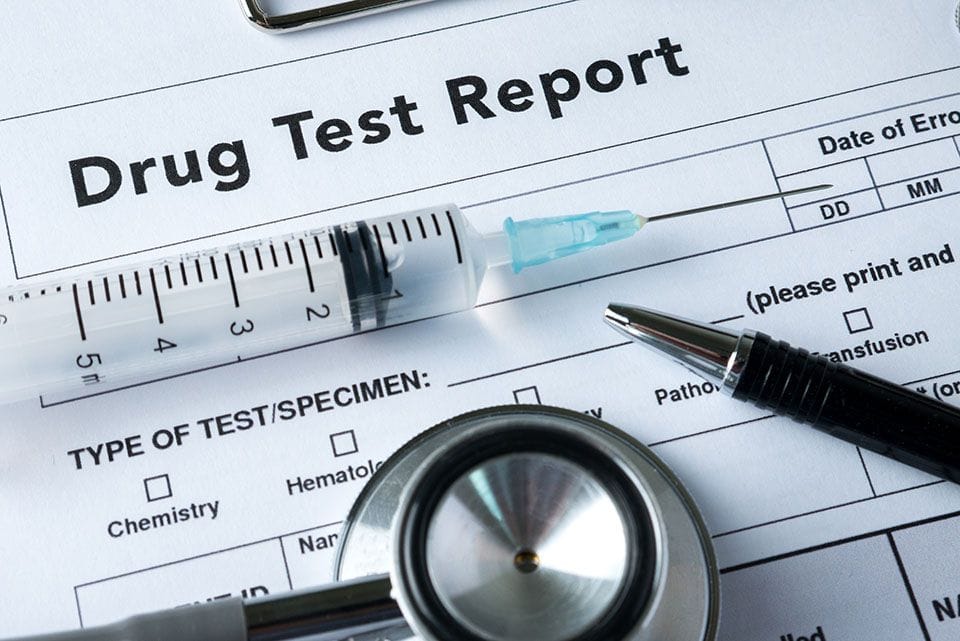The Bible tells us that “we are our brother’s keeper” and this is definitely true when dealing with a fellow Christian who is an addict. God has called the church to be a body, and therefore if one member is ailing, in some way we all suffer. Addiction and its ability to extend its destructive reach broadly is just such an example.
While it is never easy to confront others about these hard issues, we have to see this as a service we do for the individual, his or her family and the body of believers as a whole. Addiction takes its victims deep into denial and many times the family also lives imprisoned in silence and unable to take action. The words and deeds of a bold and caring brother or sister in Christ can make a life-saving difference to one who is on the brink of disaster and may not even realize it.
A person who is actively abusing alcohol or other drugs is incapable of having an authentic relationship with the Lord because the drug of choice becomes a false idol. Addicts, depending on the degree of addiction, may or may not be able to make this connection. And though the individual may recognize that the addiction has become a functional god, there may not be anything he or she is able to do about it, despite the best of intentions.
Though the situation may look hopeless, it is important to remember that God is a God who saves and who seeks to bring back the lost sheep. He is faithful, but your support and prayers are needed for the long road ahead.
Signs of drug addiction may not be immediately identifiable. And many people within a congregation, unless they have had experience with addicts, may not know what to look for. Erratic, inexplicable behaviors, while they can suggest substance abuse, can also be indicative of some unrelated mental disorder.
Perhaps the individual, though once active in church, has fallen away. You notice the individual or family is experiencing financial or legal difficulties. Perhaps there have been requests to borrow money. Changes in personality, attitude or behavior, as well as a distancing from important relationships, can all be signs of substance abuse.
But what’s next? You may begin by talking directly with the individual, though he or she may not admit a drug problem. A conversation with the family in which you raise your concerns about the addict’s mental, physical and spiritual health may also provide valuable insight into the true nature of the situation.
If it is determined that there is indeed a substance abuse issue, an intervention may be the next step. Many Christians, perhaps not familiar with drug addiction will ask, “What is an intervention? How does it work?” An intervention is a meeting involving important people in the addict’s life (i.e. family, pastor, sober friends) in which the addict is confronted about his or her addiction and treatment options are presented. Not all addicts will require an intervention, but if the addict is in denial and is unreceptive to suggestions that help is needed, a more formal intervention may be required.
Christian recovery offers the addict the promise of a new life. Addiction is a soul-sucking disease, determined to tear us away from our God and our faith. But there is hope. The treatment process is designed so that the addict would be reconnecting with God during rehab and establishing the kind of spiritual life and relationship that is going to help keep him or her sober and living as a healthy, active member of the church. If you suspect that someone in your congregation is struggling with addiction, don’t delay in seeking help.



